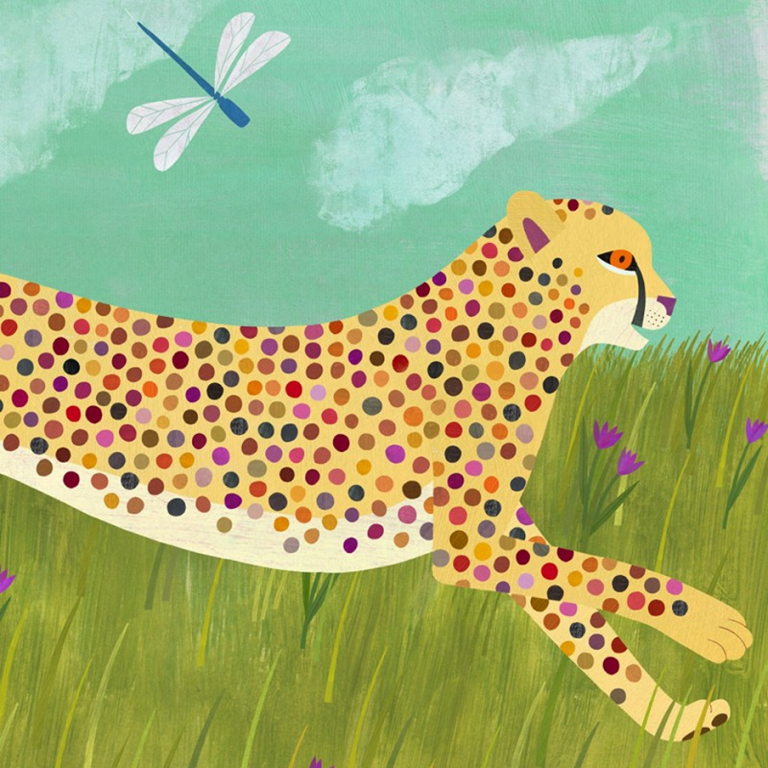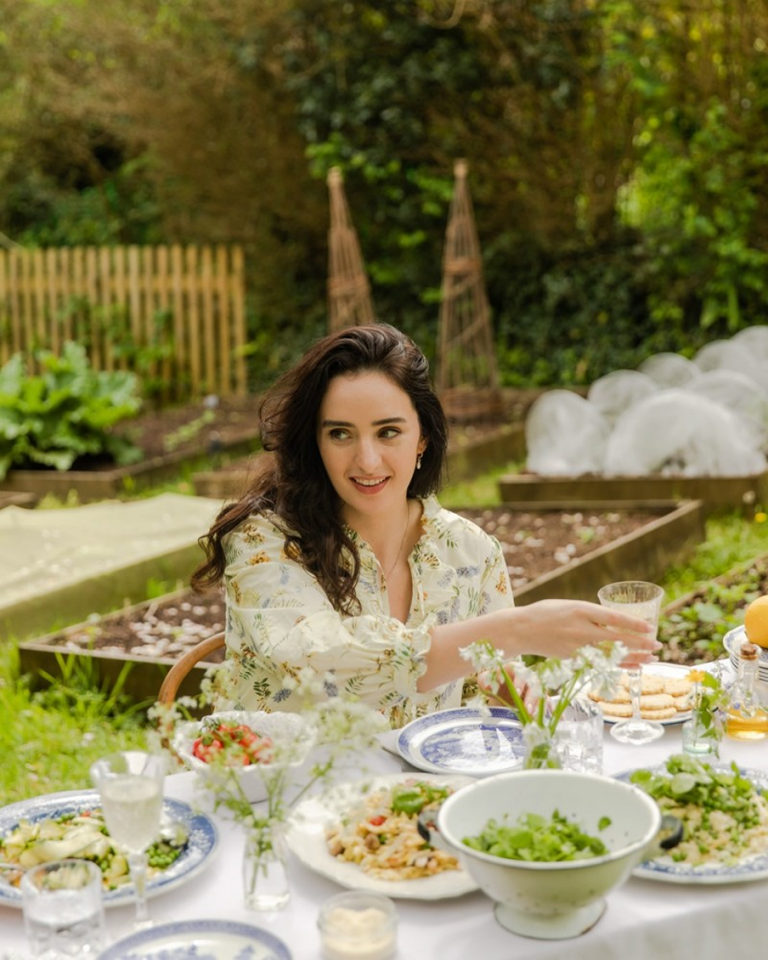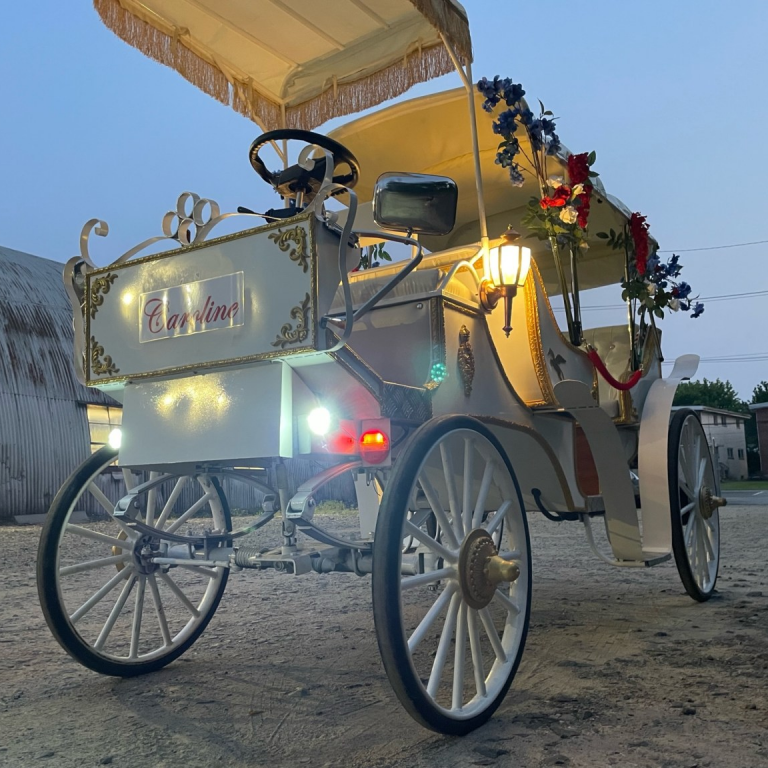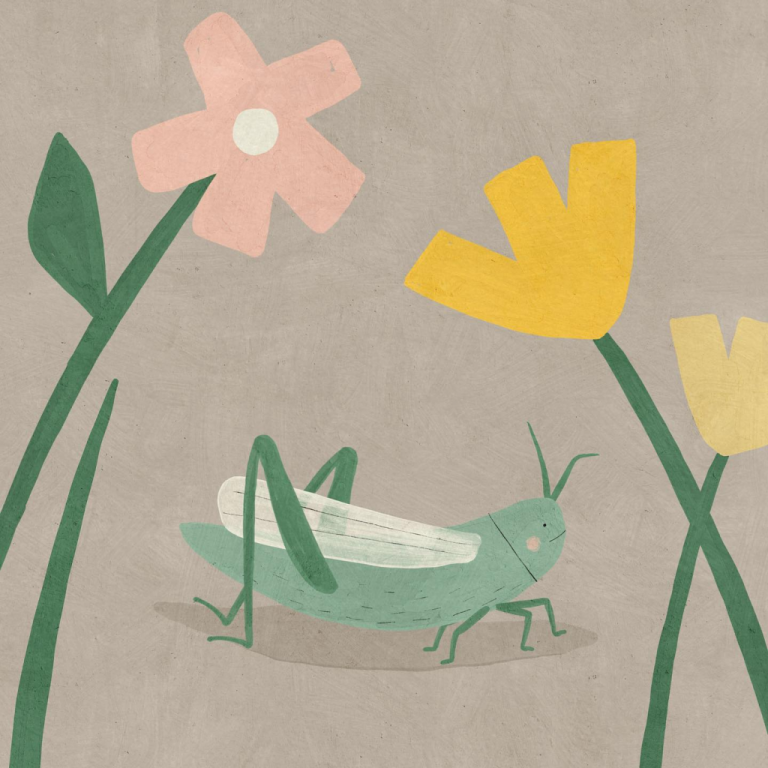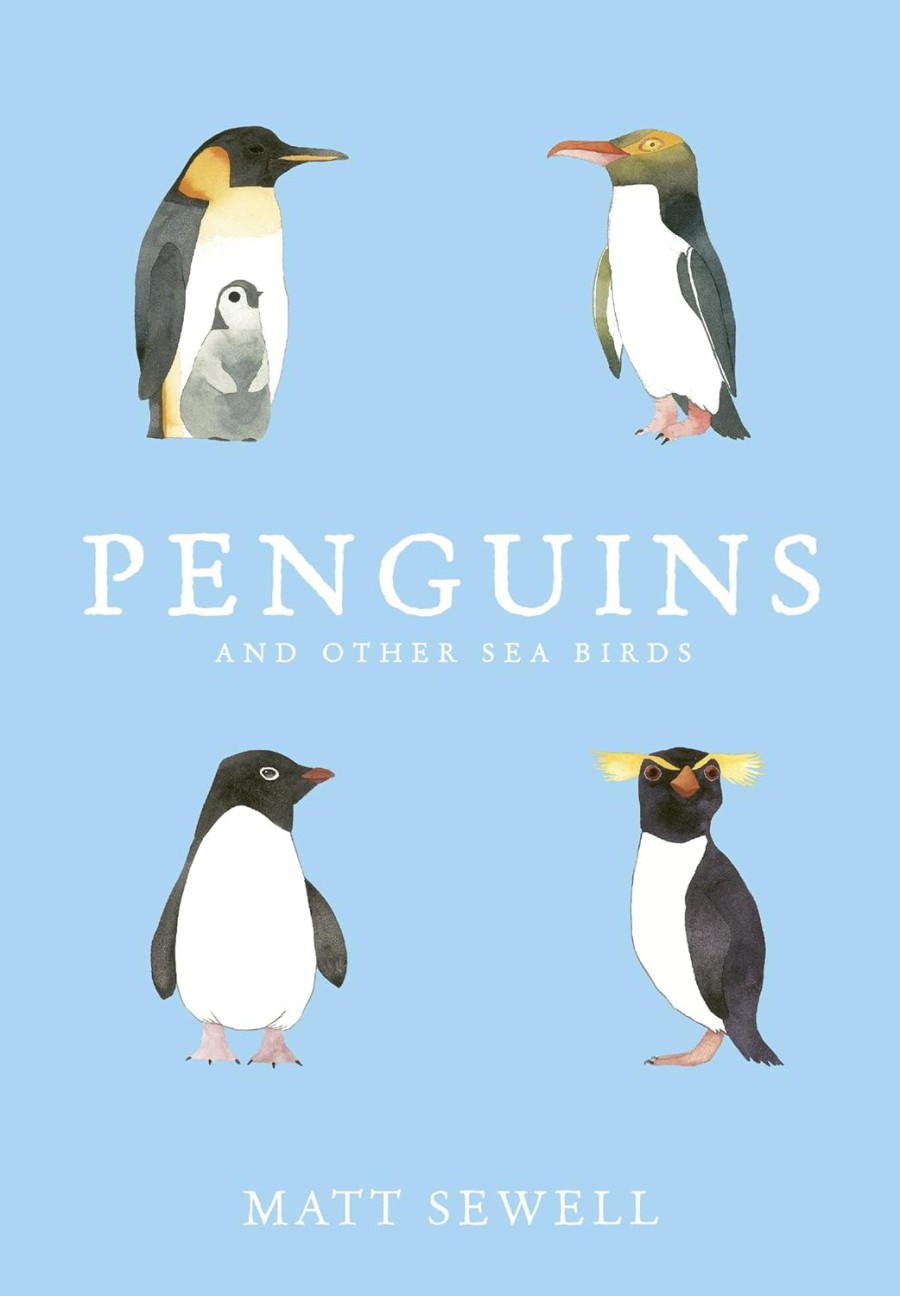
Penguins and Other Sea Birds is a beautifully illustrated and educated guide to sea birds across the world. The book covers several species including:
- Penguins (most of the book!)
- Puffins
- Gannets
- Cormorants
- Blue-footed booby birds
- Pelicans
- Sea eagles
As penguins go, the Emperor is the boss, the sultan of the Antarctic snow. His bulk is from his ‘thermal underwear’ to protect him from sub-zero temperatures of the South Pole.
At minus 70 degrees C, the daddies bunch together in a hundred-strong rotating huddle, eggs safely tucked upon their shuffling feet inside the warm incubating brood pouch.
Soon after the fluffy chicks hatch, the females return from the sea – fat, sleek and healthy. They relieve the dad of his duties and – like ships that pass in the night – the Emperors slip off to feed.
How to Help Wild Anarctic Penguins

Penguins may not live in England, but how we live can affect these flightless birds in Antarctica. Although clumsy on land, they are excellent swimmers with waterproof feathers (unlike most birds, they have solid bones that make them excellent divers). They also huddle together to keep warm, parents taking turns to hover over the egg, while the other parents goes off to feed.
Wild penguins can also be found in New Zealand, Australia, South America and even Africa. Like seagulls, they have a special gland that means they can safely drink seawater.
In some areas of earth, penguin numbers have fallen by half, due to rising temperatures, shrinking ice and lack of krill (small crustaceans that face pressure from climate change and over-fishing). Environmentalists want a ban on selling krill supplements, yet Holland & Barratt still sells them.
Simple Swaps to Help Penguins
- Live a zero waste lifestyle (reusable over disposable)
- Choose plant-based meals to reduce climate change.
- Choose biodegradable beauty, cleaning and laundry items
- Launder synthetic fabrics in microfibre filters.
Don’t Visit Penguins in Zoos or Aquariums
Penguins belong in the wild, even if it is very cold for them! Freedom for Animals wants the government to release 15 Gentoo penguins (that live in a windowless Sea Life basement in London with no daylight or fresh air) to be released to experts, for rewilding.
In nature, these strong swimming penguins are the deepest divers (600ft) yet have just 6 to 7 feet of water in a tiny enclosure. Chris Packham and Feargal Sharkey are involved in the campaign. As is Born Free, working alongside Naila Seetal (the 11-year old Child Prime Minister of the Sir David Amess UK Children’s Parliament).
As children, we know how important freedom and fresh air are for happiness. That’s why I’m backing the campaign to free the Gentoo 15. Penguins deserve sunlight, space to swim and a real sky above them. Not life in a dark basement. Naila Seetal
The same thing is happening in Australia, where a Melbourne aquarium (also owned by Sea Life) has Pesto, a penguin that lives in a small indoor enclosure with a pool just 2 metres deep. King penguins are not threatened in the wild, so there is no conservation argument to keep them in aquariums.
Thankfully an ice-skating event planned with ‘dancing penguins’ never came to fruition, after protests from animal welfare campaigners.


